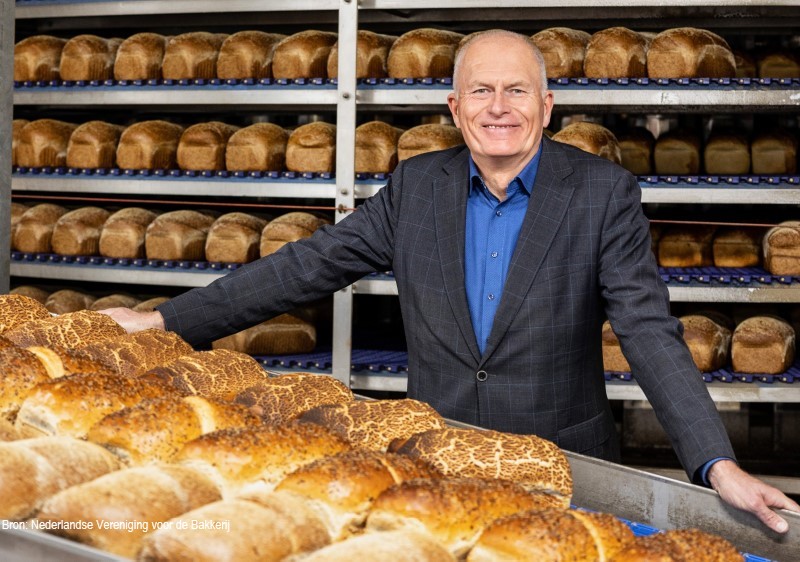Main networks: Heating network, electricity network, gas network, water network.
The energy infrastructure is crucial for the reliable and efficient coupling of supply and demand. The choices in the distribution networks for heat, gas, water and electricity therefore determine how well the energy system functions now and in the future. This will be discussed during various FHI events and seminars. For example, on 8 June 2023, FHI organised a theme meeting on grid congestion, with contributions from experts from Stichting E-Laad, Alliander, Vattenfall, Resourcefully, Novar and Stedin. They shared practical solutions to tackle capacity problems in the electricity network and improve reliability. During the change of chairman on 30 May 2024, Netbeheer Nederland took us through what they do.
Technical innovations for more efficient distribution
At the Power Electronics and Energy Storage event, various speakers discussed technical solutions to limit energy loss during distribution. For example, the University of Twente discussed the electrification of boats and the smart combination of energy sources. In addition, PRAX presented the possibilities to minimize energy loss with a different approach.
Collaboration and knowledge sharing within FHI
FHI facilitates knowledge exchange within specialized groups. For example, members of EMVT have jointly discussed short-circuit issues in high-voltage substations, and the EMC-ESD association has addressed the topic of wireless power transmission. Members of the Energy Platform also meet to discuss standards and regulations, which form the basis for a safe and future-oriented infrastructure.
Broad expertise and technologies for energy distribution
FHI members provide a wide range of technologies and expertise, such as Test & Measurement equipment, sensors, measurement and control technology, and IoT solutions. These innovations make it possible to accurately monitor the energy infrastructure and adjust it where necessary. In this way, FHI members contribute to the reliability and resilience of the entire distribution system.

















